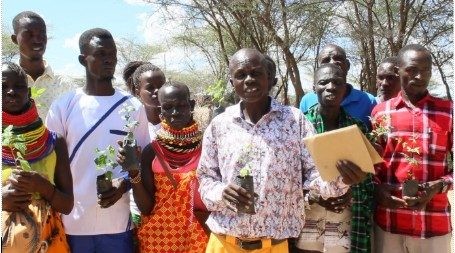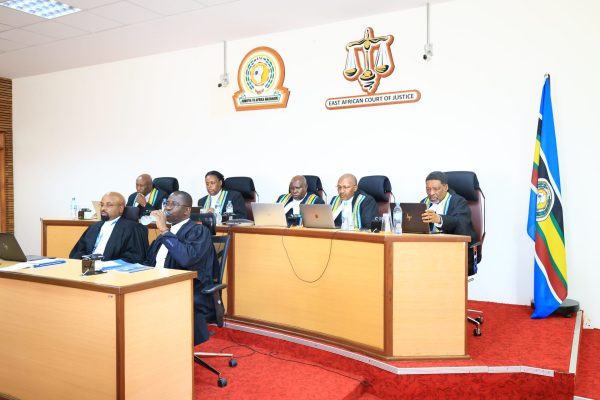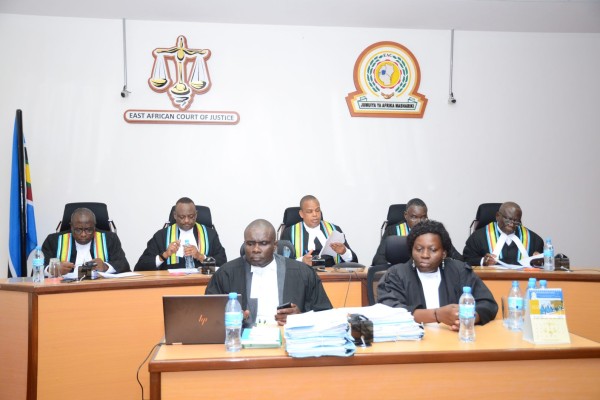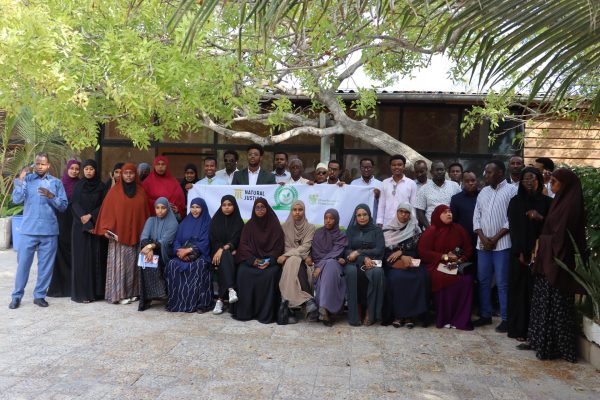In a newspaper advertisement in the Standard newspaper on Page 20 on June 14, 2023, the Kilifi County Assembly called for comments on the Kilifi County Climate Change (Amendment) Bill, 2023. In the advertisement, the Assembly indicated that the Bill was first read at a plenary sitting on Monday, June 12, 2023, and subsequently committed to the Committee on Water, Environment, and Natural Resources for consideration. The deadline for the submission of comments was set for Monday, June 20, 2023, at 4:30 pm.
The provided timelines were too short to ensure meaningful community engagement in the law-making process. Therefore, it is important for County Governments to establish a regulatory framework and environment that allows for meaningful engagement with the Bill by providing reasonable timelines. The Bill was then assented to in early July.
The Amendment Act amends the Kilifi County Climate Change Act, 2021, to allocate adequate funds to the County Climate Change Fund for enhanced implementation of climate change adaptation and mitigation activities in the County. The Amendment Act further streamlines the membership and functions of key institutions responsible for implementing the Act, enhancing oversight and public participation. It also clarifies the complementary yet distinct roles of both levels of government and eliminates potential role overlaps between county departments with a mandate on climate change.
One positive provision in the Amendment Act is the harmonization of the institution/person responsible for publishing, publicizing, and ensuring access to relevant climate change information in the possession of all County departments. Previously, this obligation was left to the Steering Committee, the Ward Planning Committee, and the Planning Committee. This harmonization ensures a single institution responsible for the obligation and prevents functional overlaps.
Another positive aspect of the Bill is the increase in the source of the climate change fund from 0.5% of the annual County Development Budget to 3% of the annual County development budget, with an annual appropriation by the County Assembly of 2% of the annual County development budget, demonstrating a higher priority for climate change issues in budgetary allocation.
Despite these positive steps, the Amendment Act contains some loopholes that need to be addressed. It introduces a definition of carbon markets but does not thoroughly investigate the provisions of the County Act to regulate carbon markets, as introduced by the Climate Change (Amendment) Bill, 2023. This may be due to the fact that the national Bill is not yet law, but regardless, the County Act needs further enhancement to effectively regulate carbon markets at the County level.
The Amendment Act also revises the roles of the Steering Committee to reduce overlap with the functions of the County Executive Committee member and the Planning Committee. This addresses the issue of multiple entities with overlapping functions, which is a step in the right direction. The Act also amends the composition of the Steering Committee to require members nominated by the County Executive Committee Member to be residents of Kilifi County with seven years of experience in environmental management, climate change, or related fields, ensuring meaningful contributions.
However, there is still a need to incorporate the views of residents on how they should be represented on the Steering Committee, as the current appointments may appear politically influenced. The Act also replaces Chief Officers with Chief Executive Committee Members on the Steering Committee.
The Amendment Act restructures the Planning Committee, introducing additional positions like that of the fund manager. Notably, representatives of women, youth, public benefit organizations, and the business community will no longer be selected by umbrella bodies but will instead be appointed by the Governor. This amendment raises concerns about the principles of public participation and inclusivity enshrined in the Constitution of Kenya, 2010, and the Act.
While the previous provisions outlined the nomination process for members of the Ward Planning Committee in detail, the Amendment Act proposes the formulation of regulations to guide the process. It is crucial that these regulations are developed promptly and subjected to public consultation to avoid any gaps in the law.
The Amendment Act removes provisions related to the duties of public and private entities and the regulation of compliance monitoring for these entities. This creates a significant gap, as there will be no mechanism for holding these entities accountable, despite their contributions to climate change impacts, effects, and measures, including their involvement in the carbon markets sector.
The Amendment Act requires the report of the Executive Committee Member to demonstrate how public sensitization has improved community decision-making regarding climate change response in the County. However, there is no mention of how the report submitted by the Ward Planning Committee to the Climate Change Planning Committee regarding public sensitization campaigns in reference to climate change programs would feed into the report by the County Executive Member.
Additionally, the Amendment Act repeals all climate change-related offenses, raising concerns about the absence of punitive measures for individuals presenting misleading information, despite such provisions being present in the Parent Act, the Climate Change Act, under Section 33.
It is imperative that County Governments align their Bills with the national Act while adapting them to their specific contexts. Furthermore, County Governments must involve communities in the law-making process by sensitizing them about upcoming Bills and providing adequate timelines for submitting oral and written comments. This approach will ensure that County-level policies are shaped by the communities themselves.







